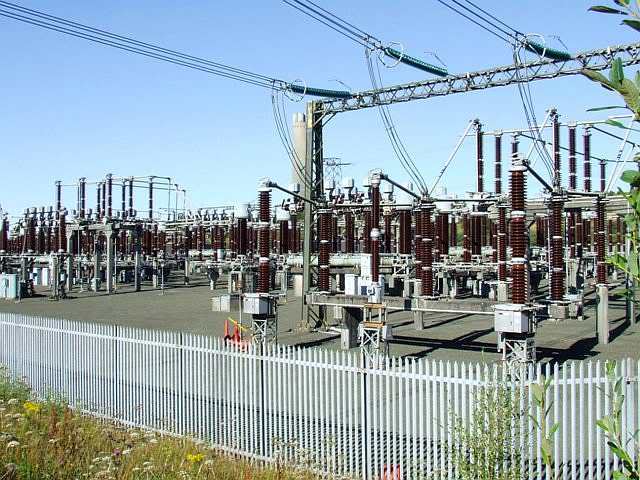The Manufacturers Association of Nigeria (MAN) has raised concerns over the frequent increases in electricity tariffs, stating that they are negatively impacting the manufacturing sector and the country’s economic growth.
In a statement on Thursday, MAN’s Director-General, Segun Ajayi-Kadir, emphasized that electricity is a vital component of manufacturing, directly affecting production costs and the pricing of goods.
He noted that industrial growth cannot be achieved without reliable energy security. According to him, continuous tariff hikes will further weaken the competitiveness of Nigerian products and businesses, drive up production costs, intensify inflation, and reduce consumers’ purchasing power.
Mr. Ajayi-Kadir warned that these challenges would lead to higher unsold inventory for manufacturers, reduced profit margins, increased unemployment, and the closure of more private businesses.
He recalled that the power sector was privatized in 2013 to enhance efficiency, but the expected improvements have not materialized.
He attributed the sector’s struggles to the lack of technical and financial capacity among power operators, resulting in underutilization of Nigeria’s installed electricity capacity, which has remained at approximately 10,000MW.
Despite ongoing tariff increases, he noted that electricity supply has not improved. Citing data from the National Bureau of Statistics, he pointed out that electricity supply declined from 5,909.83GWh in Q2 2023 to 5,769.52GWh in Q1 2024 and further dropped to 5,612.52GWh in Q2 2024, even after a tariff increase of over 230 percent..
This, he said, represents a 5.03 percent year-on-year decrease and a 2.72 percent quarter-on-quarter decline.
MAN has repeatedly called for an increase in electricity supply beyond the current average of 4,000MW available to Nigeria’s over 200 million people.
Mr. Ajayi-Kadir stressed that the country needs at least 30,000MW to meet the growing demand from businesses and households. He urged the government to review the performance of electricity distribution companies (DisCos) following the recent tariff adjustments and conduct a study on the impact of these changes on manufacturing, businesses, and households.
Additionally, he called for a thorough assessment of the cost-reflective tariff model used by DisCos and an audit of their investment in distribution infrastructure.
Meanwhile, the federal government has dismissed reports of a planned 65 percent increase in electricity tariffs, clarifying that its priority remains improving power supply, ensuring targeted subsidies, and expanding metering across the country.
